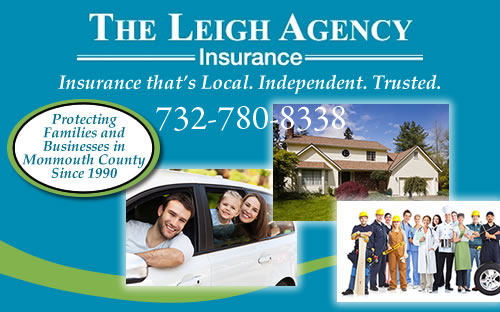Business insurance is essential to protect your business from losses that occur during the normal course of running your company or brand. There are several different types of insurance for businesses, so how do you know what you need for the upcoming year? You should be evaluating your insurance needs based on potential risks, which can vary depending on your specific environment and practices. Here’s what should be considered in a proper business insurance review for 2020.
Professional Liability Insurance
Professional Liability Insurance covers your business against negligence claims that can be filed against you for mistakes or failure to perform your services. This type of coverage varies and can be customized depending on your industry and the unique concerns of your business.
Property Insurance
Property Insurance covers all your business’ equipment, signs, inventory, furniture, and large items in the event of fires, storms, or theft. It’s important to note that property insurance DOES NOT cover events like floods or earthquakes. If you live in an area where these natural disasters occur, you’ll need a separate policy.
Home Business Coverage
If you have a home-based business, be aware that your homeowner’s insurance policy does not cover your business. Ask your agent about specific plans that will meet your needs.
Product Liability Insurance
If your business sells products, product liability coverage is vital. This type of plan will cover lawsuits filed due to damages caused by your products.
As you can see, making sure your business has adequate insurance coverage for the upcoming year can be complicated. Here at Leigh Agency, we can simplify the process for you and make sure you have all the coverage you need for 2020. Give us a call today to set up an appointment.


